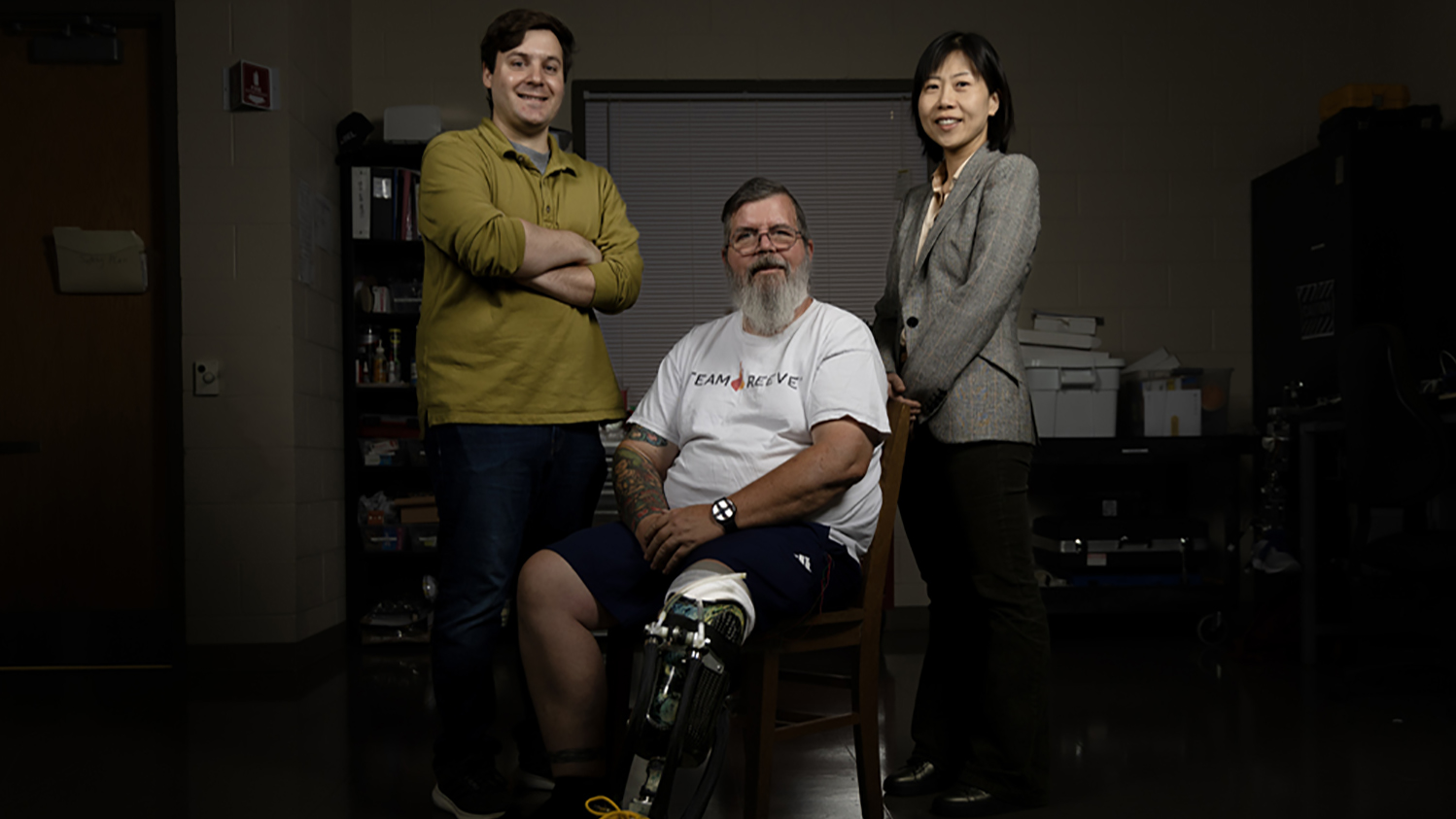Scheduling energy a key to the smart grid

A new technique for “scheduling” energy in electric grids moves away from centralized management by tapping into the distributed computing power of energy devices. The approach advances the smart grid concept by coordinating the energy being produced and stored by both conventional and renewable sources.
Currently, power infrastructure uses a centralized scheduling approach to forecast and coordinate the energy produced at the thousands of large power plants around the country. But as renewable energy systems – such as rooftop solar panels – proliferate and are incorporated into the power grid, the infrastructure will need more advanced systems for tracking and coordinating exponentially more energy sources. Addressing this issue is essential to the idea of a smart grid that can make efficient use of widespread renewable energy resources.
“A key challenge for renewable energy generated onsite, by home solar panels, for example, is determining how much of that energy needs to be stored on site and how much can be shared with the larger grid,” says Mo-Yuen Chow, professor of electrical and computer engineering and senior author of a paper describing the new power scheduling technique.
The existing approaches to scheduling are highly centralized, with power plants sending data to a control center that crunches the numbers and then tells plants how much they’ll be expected to contribute to the grid.
“This approach doesn’t scale up well, which is a problem when you consider the rapid growth of on-site renewable energy sources,” says Navid Rahbari-Asr, an electrical engineering Ph.D. student and lead author of the paper.
“The rise of on-site energy storage technologies presents an additional challenge, since that means energy can be stored for use at any time – making power scheduling calculations significantly more complex,” Rahbari-Asr says. “In addition, the centralized approach is vulnerable. If the control center fails, the whole system falls apart.”
To address these problems, the researchers developed technology that takes advantage of distributed computing power to replace the traditional control center with a decentralized approach.
The technology has been validated in simulations and the researchers are in the process of implementing it in an experimental smart grid system at the National Science Foundation FREEDM Systems Center on NC State’s campus.
Return to contents or download the Fall/Winter 2015 NC State Engineering magazine.
- Categories:


